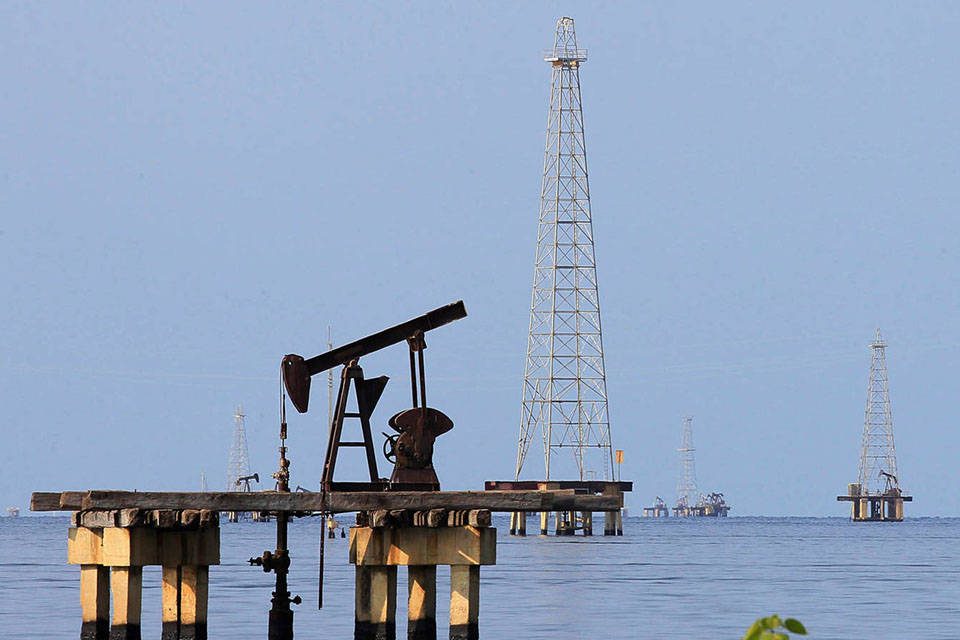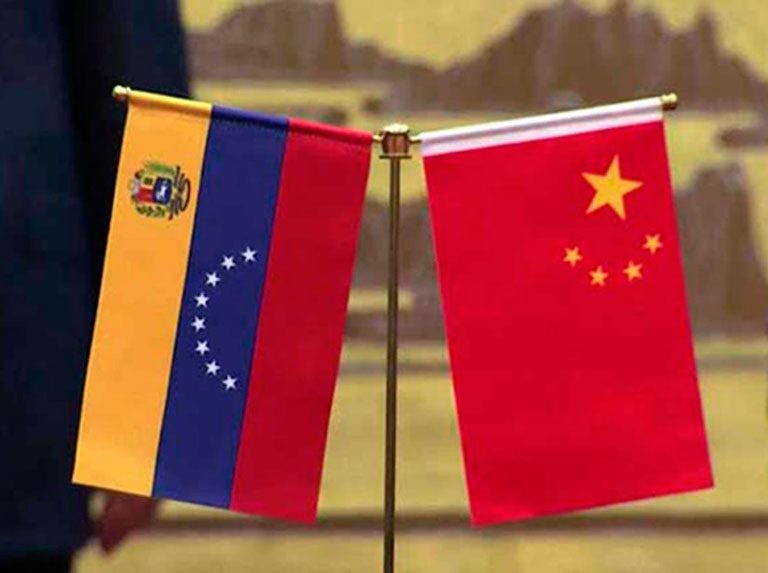The Jose Blending Plant of PDVSA, located in the José Antonio Anzoátegui Industrial Complex in Barcelona, Anzoátegui, was expanded in 2019 as part of the China-Venezuela cooperation. Photo: VTV
Guacamaya, June 3, 2025. According to Reuters, Venezuela’s oil exports remained stable in May, even after the expiration of U.S. licenses that affected sales to clients in North America and Europe. An increase in shipments to China, reaching 584,000 barrels per day, helped offset the decline, reaffirming China as Venezuela’s top energy partner amid tighter sanctions.
Venezuelan crude exports remained strong last month, despite U.S. restrictions that revoked key licenses for certain transactions with PDVSA at the end of May. This measure impacted partners such as Chevron and other buyers in the U.S. and Europe, causing some uncertainty and shipment cancellations.
However, according to vessel tracking data and PDVSA documents cited by Reuters, intermediary companies redirected shipments to Asia, especially China, which increased its Venezuelan crude imports from 521,000 to 584,000 barrels per day. In total, 30 tankers departed Venezuelan ports carrying crude oil and derivatives in May.
Economist Tamara Herrera notes in the book On Sanctions in Venezuela that only China has the financial muscle to fill the gap left by the revoked oil licenses.
Meanwhile, the Venezuelan government seeks to strengthen energy cooperation with its allies. In recent weeks, President Nicolás Maduro met with Xi Jinping in Moscow, and Vice President Delcy Rodríguez made an official visit to China. Rodríguez also recently announced that Venezuela has surpassed one million barrels per day in production as part of the Absolute Productive Independence Plan.
Additionally, Maduro sent a letter to OPEC+ member countries proposing measures to enhance coordination within the bloc and ensure market stability. OPEC+ has decided to increase production by 411,000 barrels per day starting in July, marking the third consecutive adjustment.
The Venezuelan government continues to call sanctions an economic war, while Washington maintains pressure over what it considers stagnation in electoral reforms and migrant returns.
Regarding imports, Venezuela increased its fuel purchases to 159,000 barrels per day in May, up from 94,000 in April, primarily to replenish heavy naphtha reserves—an essential input for diluting extra-heavy crude.
The upcoming OPEC+ meeting, scheduled for July 6, will be crucial in determining the future of the global oil market, with Venezuela seeking to strengthen its influence within the bloc and deepen its energy ties with China.






